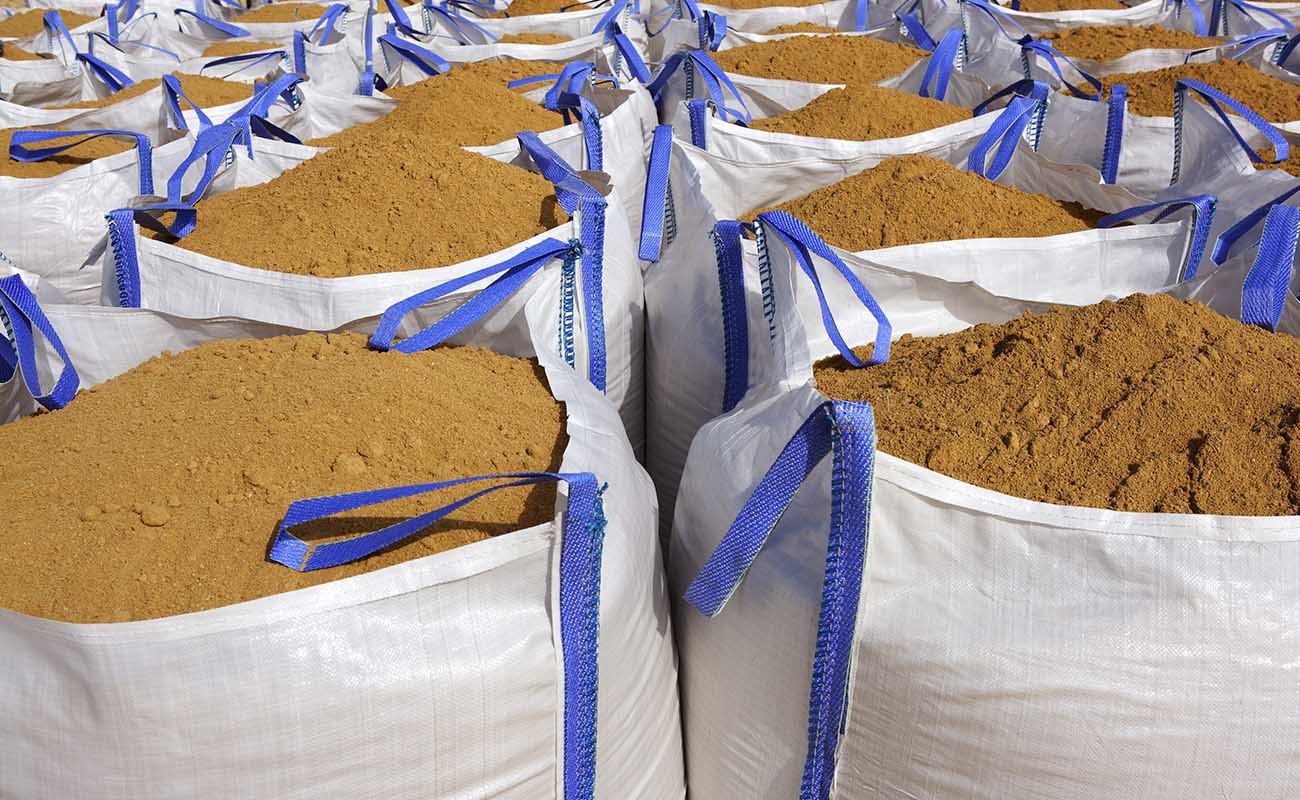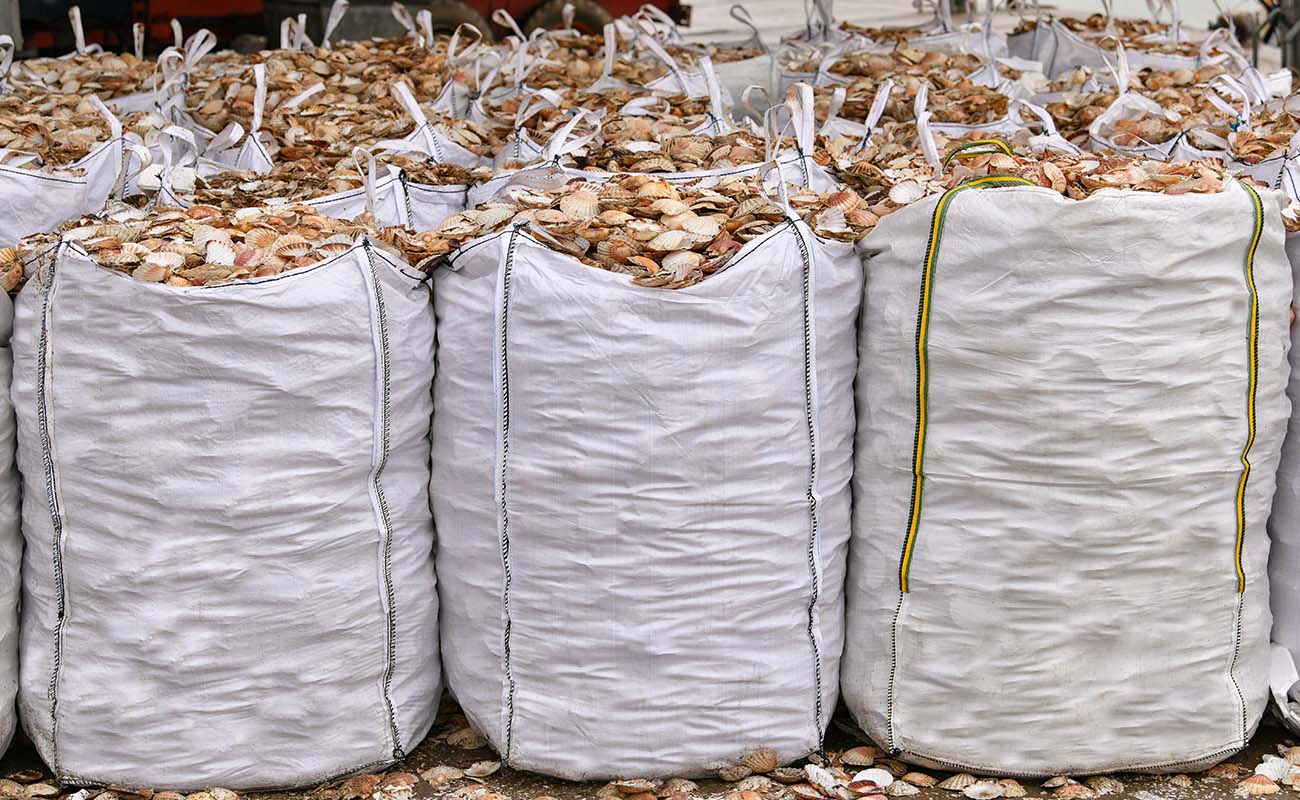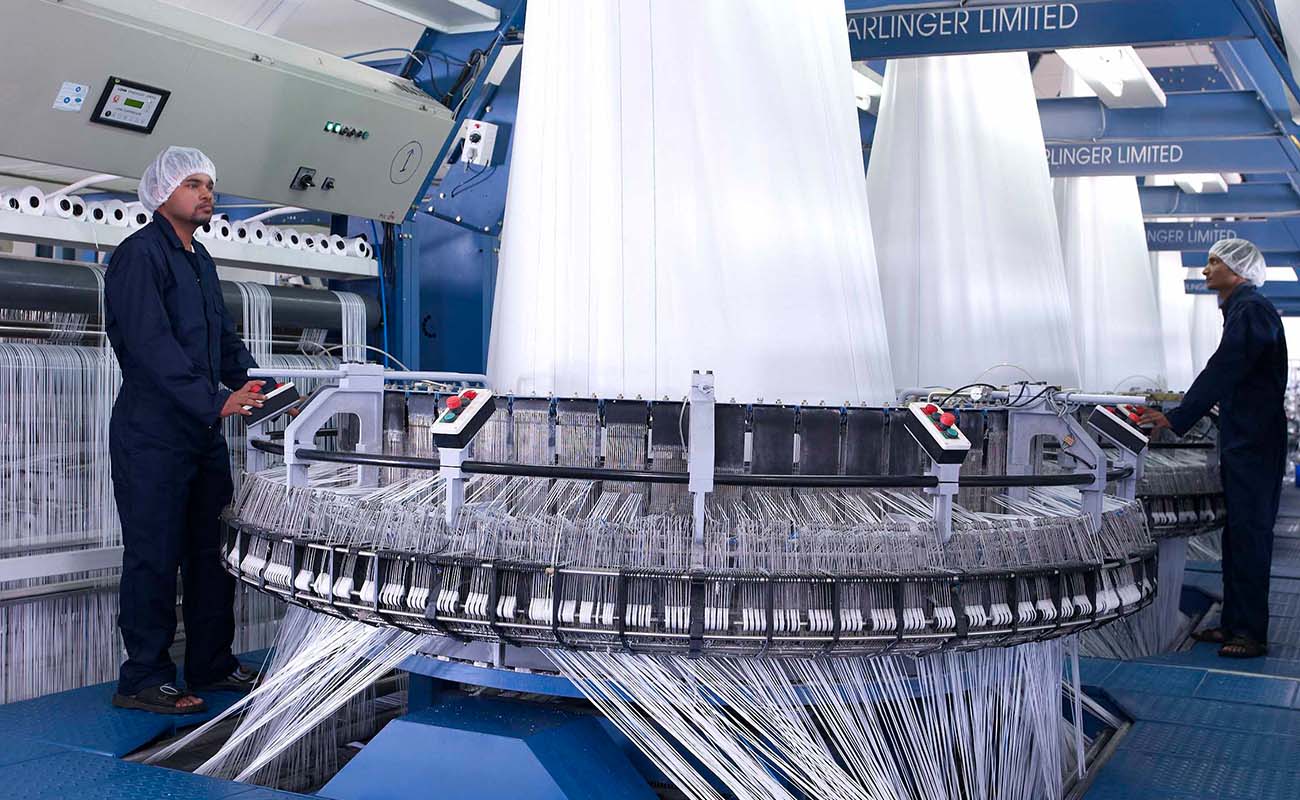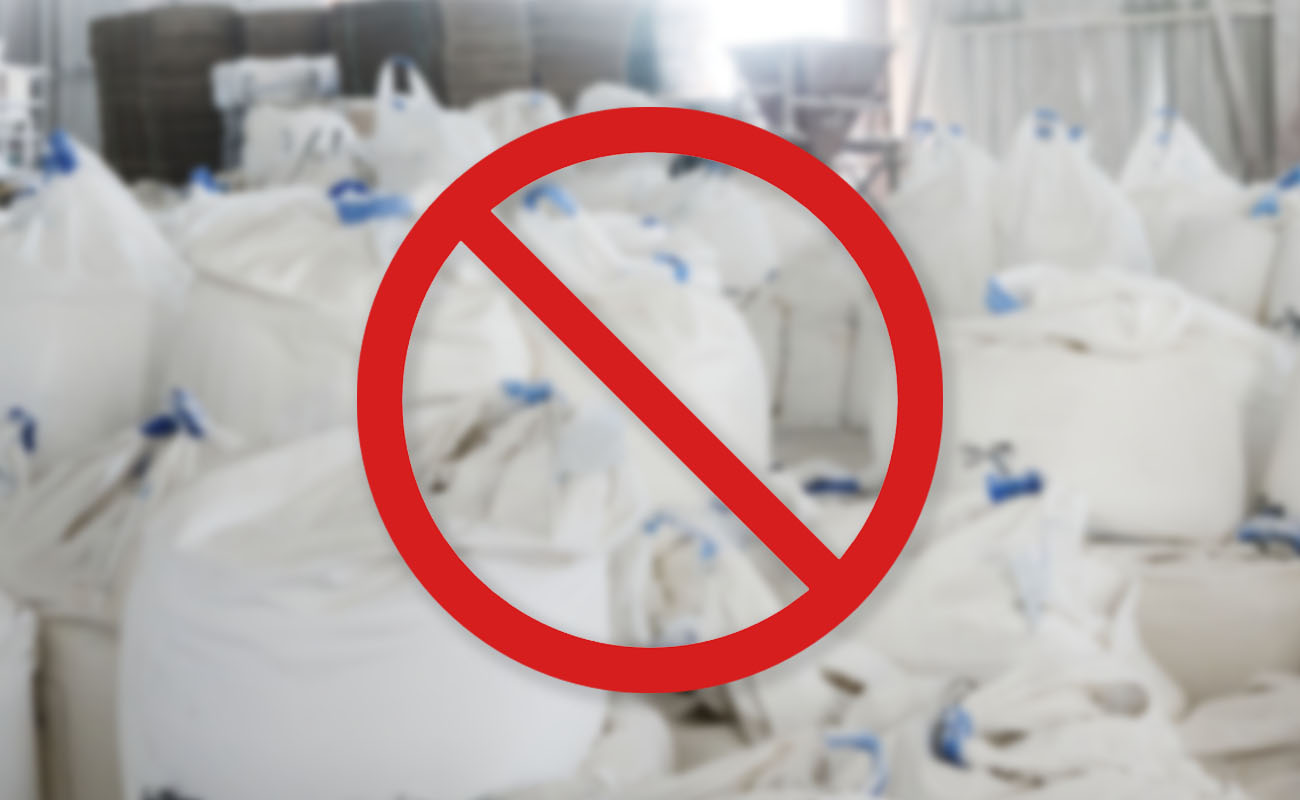How FIBC Bags Can Impact Your Supply Chain Management Costs?
Keeping your supply chain as cost-effective as possible is the key to reducing your operational costs. However, did you know the cost of FIBC bags that you use for transporting and storing dry, flowable materials can affect your supply chain management costs? Here are some factors...








